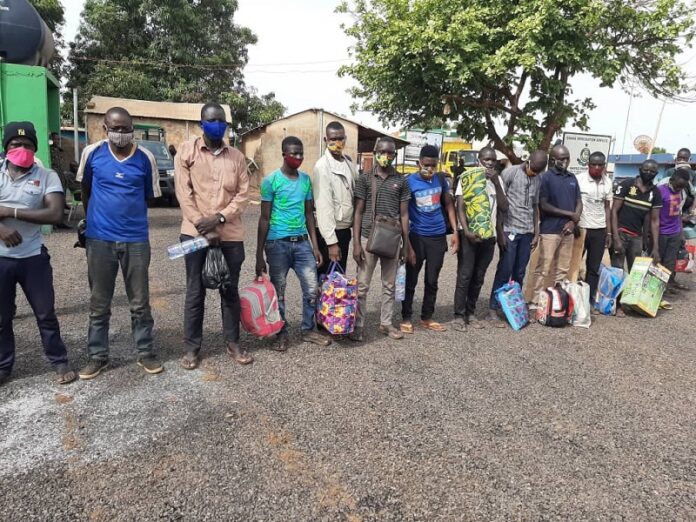The Sekondi-Takoradi Metropolitan Director for the Department of Social Welfare, Constance Baidoo, has bemoaned the alarming increasing cases of incest and defilement in peri-urban communities of the Metropolis.Ms. Baidoo who made this known in an interview with the Ghana News Agency explained that victims of this incestuous act were mostly girls aged between 15-18 years who are often coerced into sex, not just once but on several occasions.
She indicated that many cases were from separated marriages and broken homes.
According to her, the trauma and the threats alone discouraged the victims from speaking about it and quite often people prejudge and call them names such as spoilt kids and others.
She disclosed that two of such cases were investigated by the department last year while many of them were referred to her outfit by the CHRAJ and other allied agencies.
Ms. Baido further explained when her outfit receives such reports, they usually remove the children from the threat of abuse before investigations commence. “In such circumstances, custody is granted, preferably to a responsible relative, she added.
While expressing her dissatisfaction over the development, she expressed hope that her outfit would come up with practical steps to tackle the situation and also admonished parents and all stakeholders to join hands in educating young girls about the dangers of teenage pregnancy.
For her part, Madam Afua Yankson, Western Regional Deputy Chief Investigator of the Commission on Human Rights and Administrative Justice (CHRAJ) bemoaned the situation where some parents encouraged or forced their teenage daughters into marriages without recourse to their welfare and the pregnancy.
She called for the need for experts and educationists to gather feedback to develop a roadmap to check the rate at which young girls were forced out of school as a result of teenage pregnancy.
She called for a concerted effort to tackle the alarming rate of teenage pregnancies in Ghana as experts and government officials have been deliberating on ways to achieve the sustainable development goals through improved access to reproductive health and rights.
Source: GNA
















